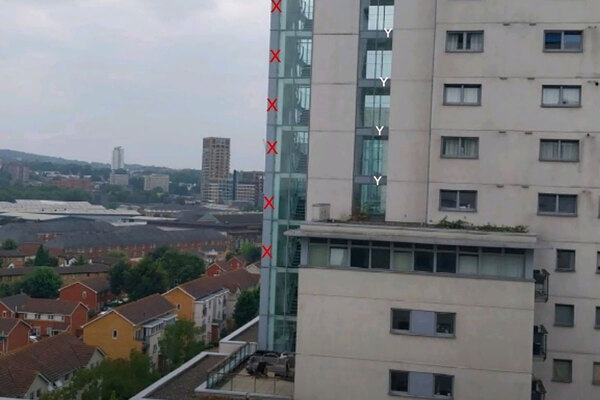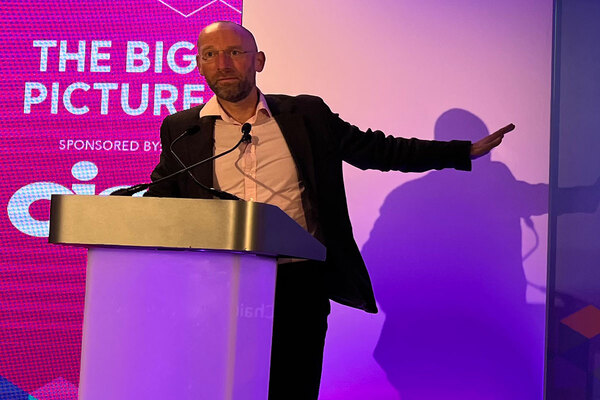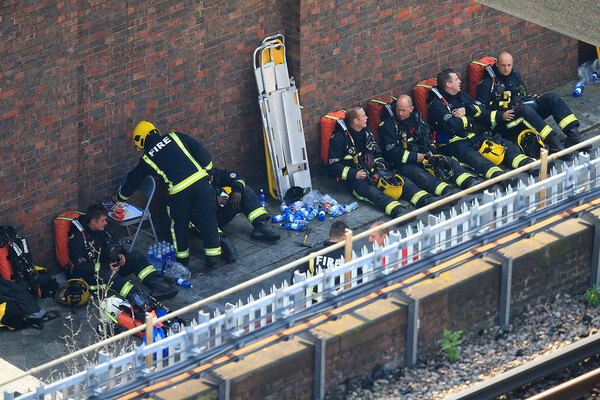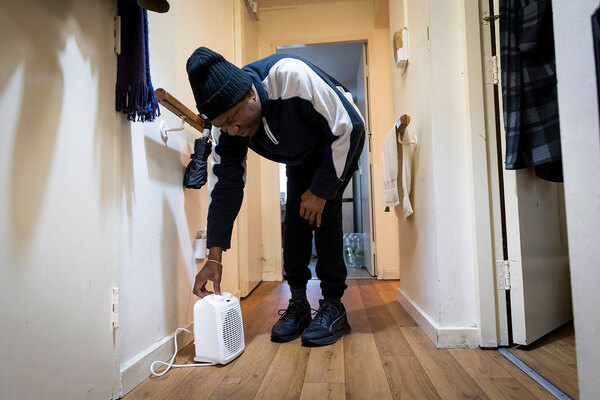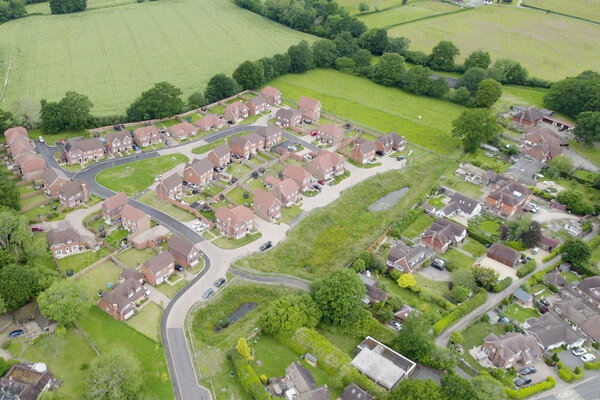You are viewing 1 of your 1 free articles
Institution of Fire Engineers sanctions prolific fire assessor and former chair
The Institution of Fire Engineers (IFE) has sanctioned a prolific fire assessor and its former chair of trustee directors.
Adam Kiziak of Tri Fire and Mark Chubb, who chaired the IFE’s board of trustee directors until summer 2023, appeared on the IFE website’s list of sanctioned members last week.
The IFE is an independent professional body for people in the fire engineering sector.
Mr Kiziak was suspended from the IFE on 21 August. He was a prolific fire risk assessor since setting up business in 2020.
His firm Tri Fire carries out fire risk assessments, External Wall System 1 (EWS1) surveys and fire engineering. It remains on the approved panel for Homes England’s Cladding Safety Scheme.
The IFE said that Mr Kiziak “failed to maintain and work within professional competence”.
It said he also failed to hold adequate professional indemnity (PI) insurance, or where exclusions in PI policy are work prohibitive, failed to make these known.
In addition, the IFE said he breached the organisation’s principle of “accuracy and vigour”.
Mr Kiziak told Inside Housing: “I am confident that at all times I have acted in accordance with the IFE ethics procedure and my duty as an incorporated engineer and member of the Institution. I do not accept the claims that have been made. I do not agree with the outcome of the panel.
“It is important to note that an EWS1 assessment is a risk-based assessment. Even under the original MHCLG [Ministry of Housing, Communities and Local Government] guidance notes, a risk-based approach was advocated. This is even further supported by the introduction of PAS 9980 in 2022. That I have taken a view on the risk to a property, whereas another consultant’s view of the risk differs, is not a question of ethics, but of risk perception.
“Tri Fire hold appropriate professional indemnity insurance, which is retroactive, current and valid.”
Inside Housing understands that MHCLG commissioned independent audits that were requested by leaseholders, and in some cases overturned Mr Kiziak’s fire assessments.
A spokesperson for MHCLG said: “We have robust auditing processes in place to ensure all fire risk assessments carried out for buildings in our remediation funding programmes meet appropriate standards. Where these standards are not met, we take action to ensure this is urgently addressed.”
Following the publication of the Grenfell Tower Inquiry report, MHCLG is reviewing the findings and recommendations in relation to the fire engineering sector.
Separately, the IFE said that Mr Chubb breached the organisation’s code of conduct to “uphold the reputation and standing of the institution and the profession of fire engineering”.
The IFE’s professional standards committee said Mr Chubb should issue a public apology and receive a written warning. Following the outcome of the IFE’s investigation, Mr Chubb resigned his membership of the organisation.
He said: “The IFE’s publication of a finding that I breached the Institution’s code of conduct is itself a breach of the code of conduct. The IFE has no reasonable authority to sanction individuals who are no longer members of the institution nor any reasonable justification for publicising decisions or actions taken against individuals who are no longer members of the Institution, especially months after the fact.
“The publication of this decision following my resignation as a member and without supporting facts or context is offensive, inappropriate and strongly suggests an effort to silence my critiques of the executive and board’s actions on other matters.”
Mr Chubb explained that his ethics case concerned an “intemperate and impetuous private communication with an online troll” who accused him of “woke indoctrination” following a post he made about socio-economic indicators of fire risk.
He added: “When this individual made my private communication public on the social media platform, I immediately explained my actions and apologised. The post disclosing the exchange was subsequently deleted by the other individual, but not before someone took a screenshot and submitted an anonymous complaint to the IFE regarding my conduct.
“Following this incident, I was pressured by the chief executive to resign as chairman of the board of trustee directors and part-time technical director. I subsequently responded to the ethics committee complaint and received notice more than six months later that they had found my conduct in breach of the code of conduct.
“I was instructed to make a public apology, which I had already done online. No action was recommended that affected my membership or professional standing as a fire engineer.”
Mr Chubb added that he resigned his membership due to his concerns of the IFE’s governance reforms.
Sign up for our fire safety newsletter
Already have an account? Click here to manage your newsletters

